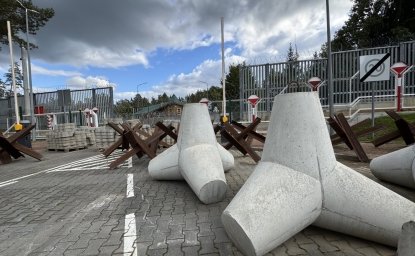The gender reformist thinking and activism stirring the Islamic world today was the subject of a Middle East Program conference held at the Wilson Center in May. On the gender front, there is a complex choreography involving regimes, Islamist movements, civil societies, and women from Morocco to Malaysia. Center stage is the struggle between an ascendant egalitarian model of Islam and a tenacious patriarchal version.
Muslim reformist women have engaged in critical investigation of religious sources, or ijtihad, for more than two decades. Through re-readings of the Qur'an, women scholars continue to bring forth the principles of gender equality and social justice they find embedded in divine scripture. Through their investigations of fiqh, upon which religiously backed family laws are based in Muslim majority societies, they expose the patriarchal structure of this man-made Islamic jurisprudence that reflects the thinking and habits of an earlier era.
This new Islamic thinking and women's determination to translate ideas into practice make authoritarian states and Islamist movements edgy while it invigorates civil society, especially the young. Activist women, both seasoned and new, are penetrating deeper than ever before into their own societies and stretching their transnational networks.
In Niger, a Sufi poet and Islamic pedagogue extolling female education and gender equality became a national media star in her 70s, bringing her message through vernacular verse deep into the hinterland. A young Egyptian activist conducted a human rights film festival on a Nile boat and a young Saudi woman, protesting the driving ban in her country, had herself filmed behind the wheel of her car in the desert and put her defiant video on YouTube.
Women throughout Iran embarked on a Million Signatures Campaign in their demands for a reform of the family law with the Moroccan success as an inspiration. An Islamic scholar in Indonesia heading a committee within the Ministry of Justice played a leading role in producing the Counter Draft Law outlining new family legislation which, although shelved, provides a bold template for change.
What authoritarian regimes and rigid segments of society are willing to tell women that (gender) equality and (social) justice are not Islamic principles? And who among them are prepared to act on these principles? Reformist women are not waiting for answers. They are acting. No wonder the May conference audience of policymakers, activists, and scholars was animated.
Related Links



